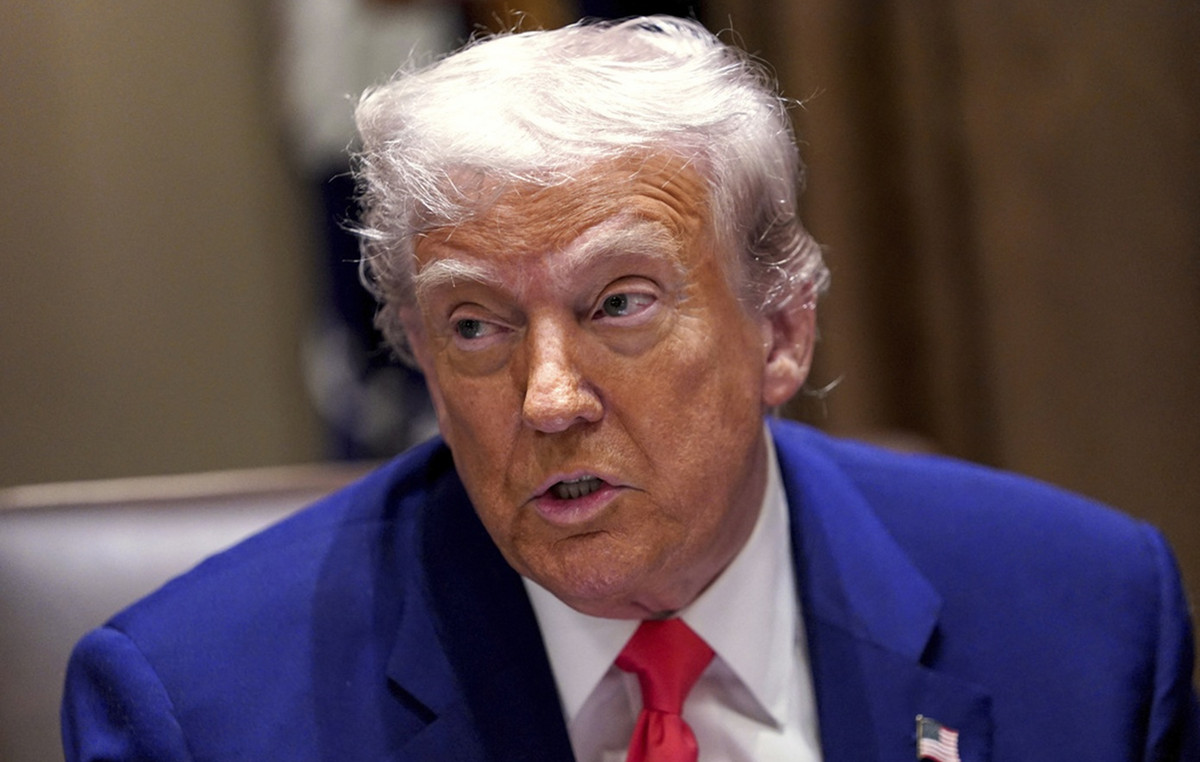A Chinese stand-up comedian has canceled all his appearances after a joke with vague reference to the country’s military sparked anger from authorities and an official investigation into the company that represents him.
The controversy underscores the delicate line comedians must walk in heavily censored China, a country where politics is rarely a laughing matter.
Li Haoshi came to the attention of authorities after he used a phrase associated with the People’s Liberation Army when telling a story about two stray dogs at his recent performance, according to state media Jimu News.
He later expressed his “deep remorse and regret” in a social media post on Monday, saying he had used “an extremely inappropriate analogy to bring out bad feelings and associations in the public”.
“I will take full responsibility and cancel all my performances to reflect deeply and re-educate myself,” said the comedian, who goes by the name House and has 136,000 fans on Chinese social media platform Weibo.
Controversy erupted from his concert at the Century Theater in Beijing on Saturday (13), when he joked about how he had adopted two dogs since moving to Shanghai.
He went on to say that one day his two energetic dogs chased a squirrel, which reminded him of eight words, before he delivered the controversial joke, according to audio posted on Chinese social media site Weibo.
“Excellent style of work, capable of winning battles,” he said, launching a well-known Chinese Communist Party slogan referring to the PLA.
The phrase was uttered for the first time in 2013 by Chinese leader Xi Jinping, who also presides over the army, when presenting a list of qualities he commanded in the country’s army. It has since been repeated on several official occasions.
step up education
Li’s joke provoked a round of laughter at the concert, as shown in the audio heard by the CNN but it also sparked discomfort in an audience member, who Jimu News reported took to Weibo to complain that the joke was inappropriate.
The post sparked an intense debate on Weibo over whether Li was being funny or disrespectful, drawing the attention of authorities who did not seem amused.
On Monday, the Beijing Cultural Law Enforcement Agency opened an investigation into Shanghai Xiaoguo Culture Media, the company representing Li, state media Beijing Evening News reported.
Shanghai Xiaoguo Culture Media described the joke as “inappropriate” before apologizing in a statement on Monday.
“We have suspended their work indefinitely,” the producer said, adding that it would “step up actor education and training to maintain order in the industry.”
Without naming the comedian, the spokesman for the People’s Daily Communist Party said that even comedians must respect boundaries when it comes to jokes, and it would be a mistake to put humor first.
A new genre of talk shows featuring quick-witted stand-up comedians going head-to-head in televised competitions has proven to be a big hit with young audiences in China in recent years.
Comedians make a name for themselves by participating in these shows and often expand their careers to live shows – as Li did.
But the performers have to stick to pre-approved scripts – based strictly on non-political topics – making the indirect military reference that put Li on the wrong side of the authorities this time around incredibly rare.
China imposes strict censorship on issues it considers sensitive, from women’s cleavage to anti-Communist criticism on all platforms, whether online social media sites or traditional mass media.
That ideological grip has intensified under Xi, largely impacting the entertainment industry. In 2021, China also passed a law banning slurs and insults against military personnel.
Last May, former investigative journalist Luo Changping was sentenced to seven months in prison and forced to publicly apologize for calling Chinese soldiers portrayed in a blockbuster film about the Korean War “stupid”.
Li’s sense of humor has divided users on Chinese social media.
One Weibo user asked: “How come the crowd was still laughing?” Another user of WeChat, an instant messaging app that also lets users create blogs, was more sympathetic.
“This is not a good analogy and it is not funny. But this actor had no intention of insulting the soldiers,” the person wrote.
Source: CNN Brasil
Bruce Belcher is a seasoned author with over 5 years of experience in world news. He writes for online news websites and provides in-depth analysis on the world stock market. Bruce is known for his insightful perspectives and commitment to keeping the public informed.







